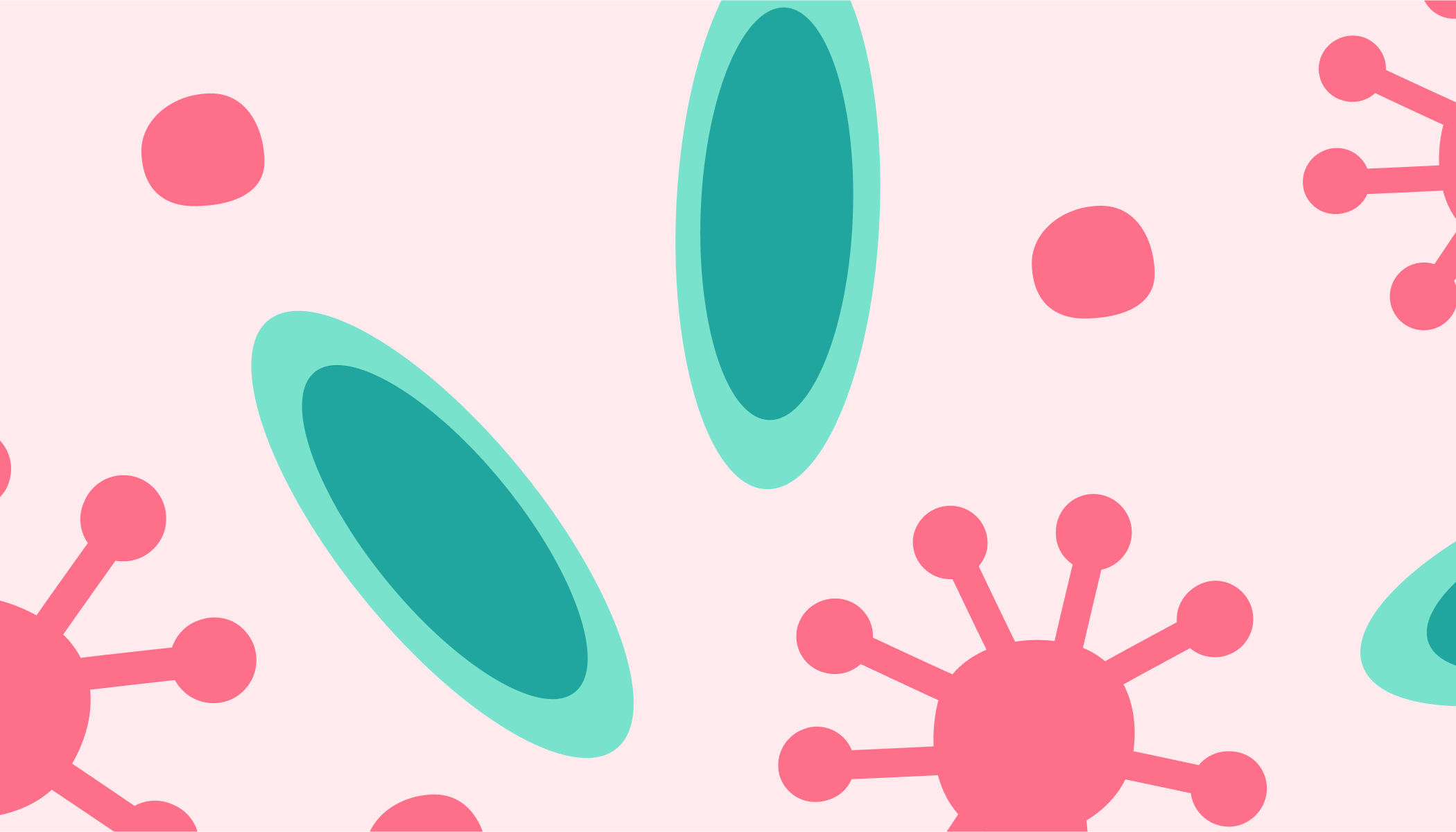Monkeypox is caused by a virus that belongs to the poxvirus family, and these types of viruses can be found across the world. Some of them infect animals, like myxoma virus in rabbits, and others humans, like molluscum contagiosum virus.
‘Monkeypox is not a new disease, unlike Covid-19 was when it emerged. But in the past, monkeypox has been very rare in humans. The disease currently exists in two variants, one of which is milder,’ explains Dr Henderson.
The infection occurs mainly in tropical rainforest areas in western and central Africa and has been found in squirrels, the Gambian giant bag rat, sleeping mice and various other species. The main disease carrier of monkeypox remains a mystery but it’s thought to come from rodents.
‘The Health Security Agency is investigating cases of monkeypox in the UK. Up until now it was not commonly seen outside of Africa,' Dr Henderson explains. 'The number of cases in the UK is currently low, and you’re unlikely to catch it if you have not recently travelled or been in contact with someone who has the virus.'
What are the symptoms of monkeypox?
It usually takes between 7 and 14 days for symptoms of monkeypox to appear once you’ve become infected, although it can take as long as 21 days.
Symptoms of monkeypox include:
- Headaches
- A high temperature
- Back and muscle aches
- Exhaustion
- Swollen glands
- Fever and shivering
- A skin rash
‘The most common symptom seen in a monkeypox infection is a skin rash consisting of sores and blisters,’ says Dr Henderson. ‘Some patients may only develop a few blisters, others might have a larger breakout. The most common place to develop monkeypox blisters are the face and hands but it can affect the whole body.’
How do you catch monkeypox?
The most common route of transmission is from animals to humans, but in some cases it can be spread by close contact between humans.
‘You can catch monkeypox if you come into contact with the virus,’ says Dr Henderson. ‘Animal-to-human transmission can happen through contact with infected animals in west and central Africa, for instance if you're bitten or you touch its blood, body fluids, spots, blisters or scabs. It may also be caught by eating undercooked meat.’
Monkeypox can also be spread from human to human through:
- Coughs and sneezes from someone with the monkeypox rash
- Sharing clothing, bedding or towels with someone who has the monkeypox rash
- Directly touching monkeypox blisters or scabs on the skin
‘Close physical contact is needed for the virus to be transmitted between humans as it does not pass on easily, unlike Covid-19,’ Dr Henderson reassures.
How is it diagnosed?
A GP can diagnose monkeypox. You’ll be asked about your symptoms as well as any risk factors. If you’ve been in contact with a person who has monkeypox or you’ve recently travelled to Africa, it’s important that you stay at home and speak to a GP or call 111 for advice. A sample can be taken from the blisters and sent for a PCR test to detect the presence of the virus.
Is there any treatment for monkeypox?
‘Most cases of monkeypox are mild and will resolve on their own in a few weeks, so no specific treatment is required. However, it’s very important to maintain your water and nutrition intake to help with any of your symptoms,’ advises Dr Henderson.
‘In more severe cases, some antiviral drugs have been shown to be effective to alleviate the symptoms.’
The smallpox vaccine can be given to higher-risk groups as it’s been proven 85% effective against monkeypox. Experts suggest that people who were vaccinated against smallpox as a child will have higher protection against monkeypox and less severe symptoms. Smallpox is another member of the poxvirus family that was eradicated in 1980 following a worldwide vaccination programme.
What should I do if I become infected or suspect infection?
Authorities in the UK are now advising anyone who has had a close contact with a confirmed case, or think they may have monkeypox, to self-isolate for 21 days. Contact within a household or sexual contact is considered high-risk.
What can I do to reduce the risk of getting monkeypox?
You’re unlikely to become infected with monkeypox in the UK but there are some simple measures you can take for further prevention:
- Wash your hands thoroughly and regularly throughout the day and carry sanitiser with you
- Avoid eating raw or undercooked meat
- Avoid contact with any sick or dead animals that may be infected
- Avoid contact with any material, like bedding or towels, that’s been in contact with a sick animal
This article has been medically reviewed by Dr Bryony Henderson, Lead GP at Livi


